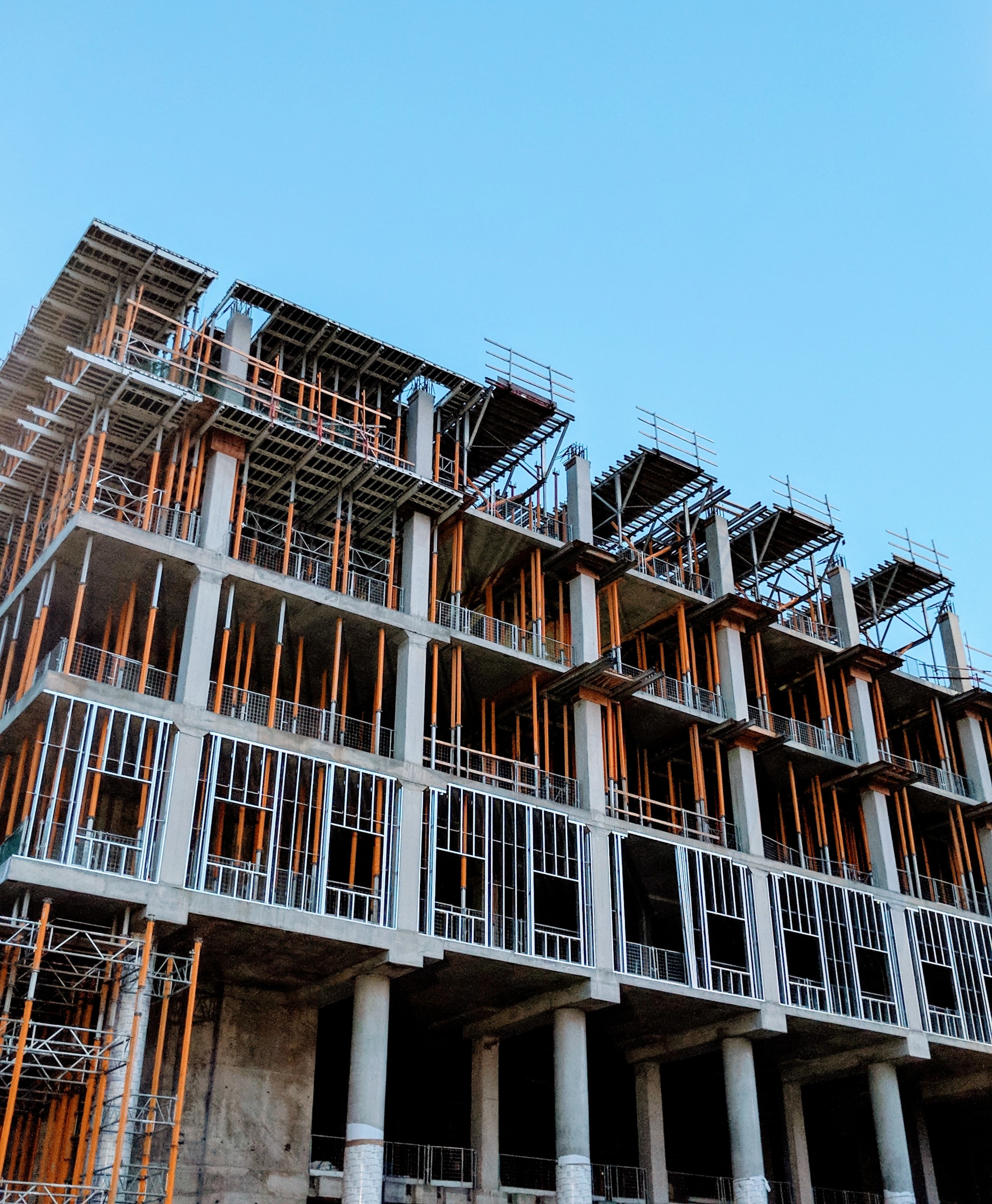
Understanding Construction Prices in Turkey: A Comprehensive Overview
11/23/20232 min read

A trans-continental country, which is situated on the border of Asia and Europe – Turkey has a great historical background, unique culture and thriving economy. The Turkish construction sector in the past decade and above has played an important part in the economic growth of the country. This paper will give readers an insight into the different determinants of construction cost as well as broader context outlook on the construction industry in Turkey.
Construction Industry Overview:
The Turkish built environment has significantly expanded due to urbanization, infrastructural projects and high property prices In essence, the sector comprises many projects such as housing, trade, production, and infrastructure development. The skylines of major cities including Istanbul, Ankara and Izmir are characterized by large ambitious projects.
Material Costs:
Cost of these construction materials including cement, steel, and lumber is a determinant factor that adds up to total construction costs. These costs can be influenced by fluctuations in markets, global supplies and demands, and geo-political aspects.
Labor Costs:
Prices for skilled and unskilled labors also influence the cost of construction. Although a highly skilled labor force characterizes Turkey, such factors as changes in wages and availability of workforce influence project expenditures.
Regulatory Environment:
In addition, construction costs could be determined by the applicable regulatory landscape in Turkey such as building codes, permits, and standards, etc. There could also be more cost because one has to follow different quality standards and regulations of safety.
Land Prices:
Land is expensive and this increases the total project costs especially when it comes to urban areas. The feasibility and profitability of any construction project may be affected by changes in real estate values.
Currency Exchange Rates:
Many of these materials and equipment are imported into Turkey hence they expose the country’s construction sector to vulnerability to currency fluctuation. Furthermore, costs of imported goods may change as a result of the modification of exchange rates and hence, have an impact on the total project prices.
Sustainable Construction:
Turks are increasingly oriented towards green and environmentally friendly technologies for building. However, this move toward Eco-materials and energy saving devices is starting to gain traction without necessarily being a guaranteed cost cutting measure.
Technology Integration:
Technological advances are steadily getting accepted by the Turkish construction sector comprising BIM and other efficient project management apparatus. Although they improve productivity, their adoption requires extra funds at first.
Infrastructure Projects:
The Turkish government still concentrates its efforts on large-scale infrastructure projects like transportation networks and energy facilities. The projects, however, lead to a faster growth of the construction industry; yet they might be problematic due to finances and time.
Conclusion:
Turkey’s construction industry is still in its infancy, and stakeholders have to maneuver through diverse determinants affecting construction prices. The sector could be fruitful, but it would require continuous monitoring of the market situation, new legislations as well as world economy tendencies in order to realize a profitable plan. In this regard, Turkish construction space is characterized by dynamism as the country straddles between traditional values and modernization and offers challenges and opportunities for both investors and industry players.
Address
Harju maakond / Sepapaja tn 6 15551 Tallinn Estonia
